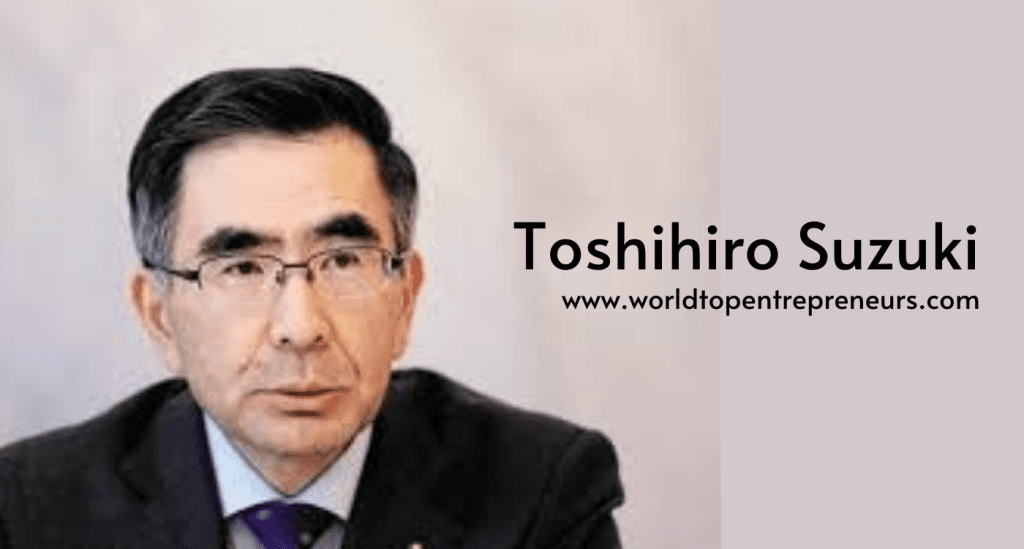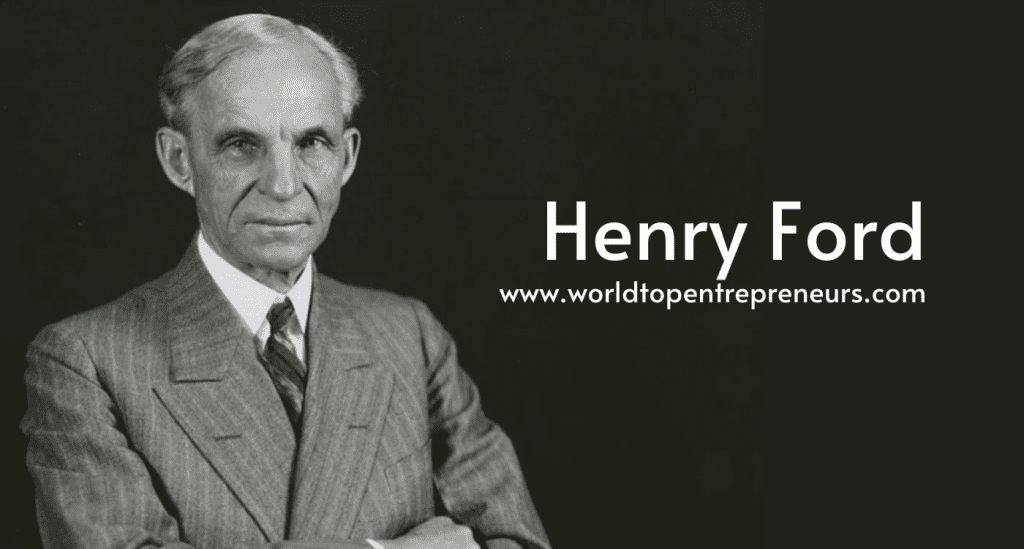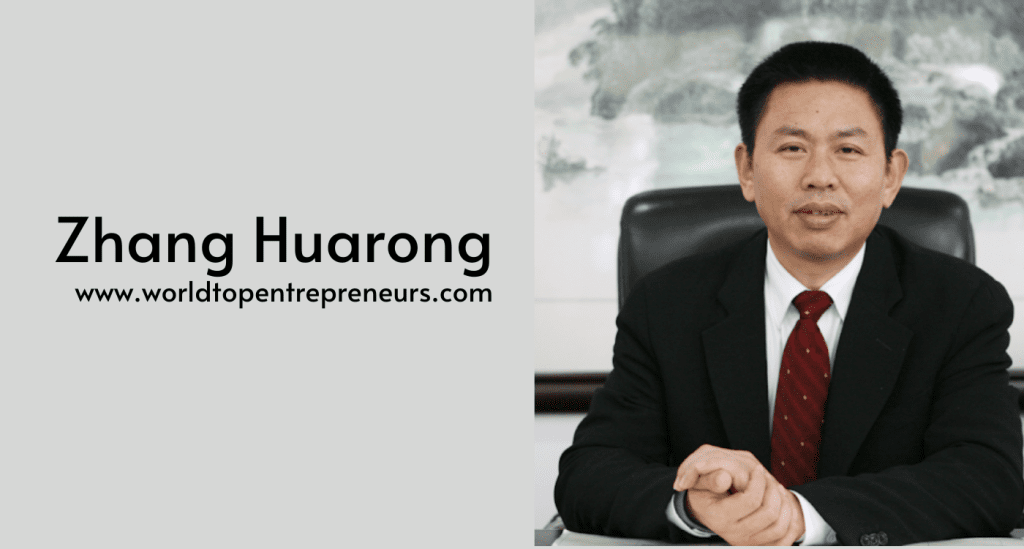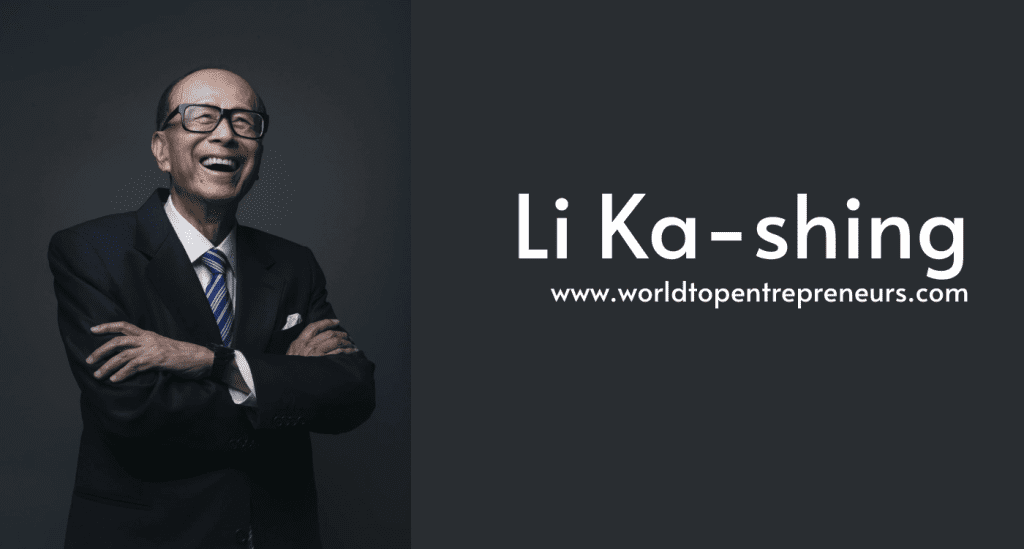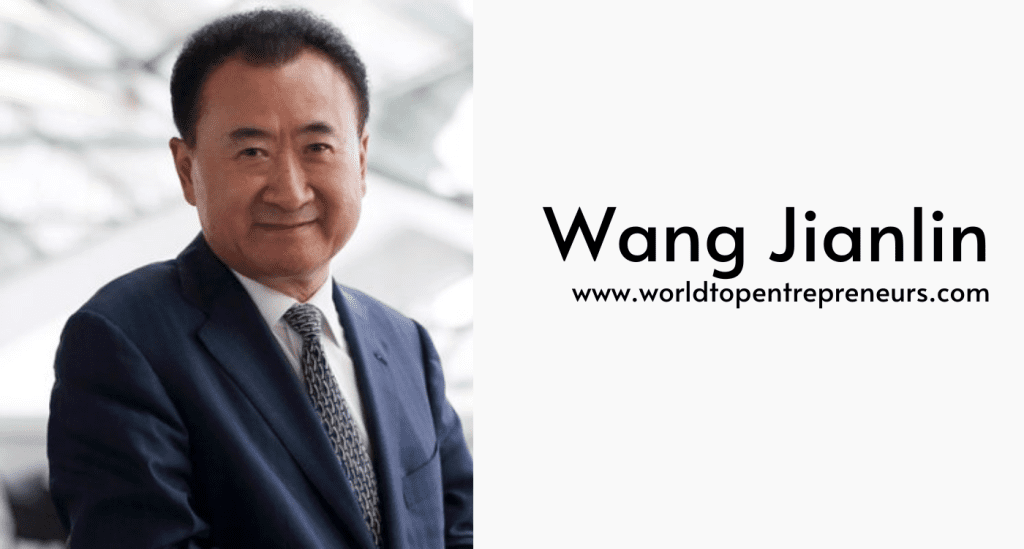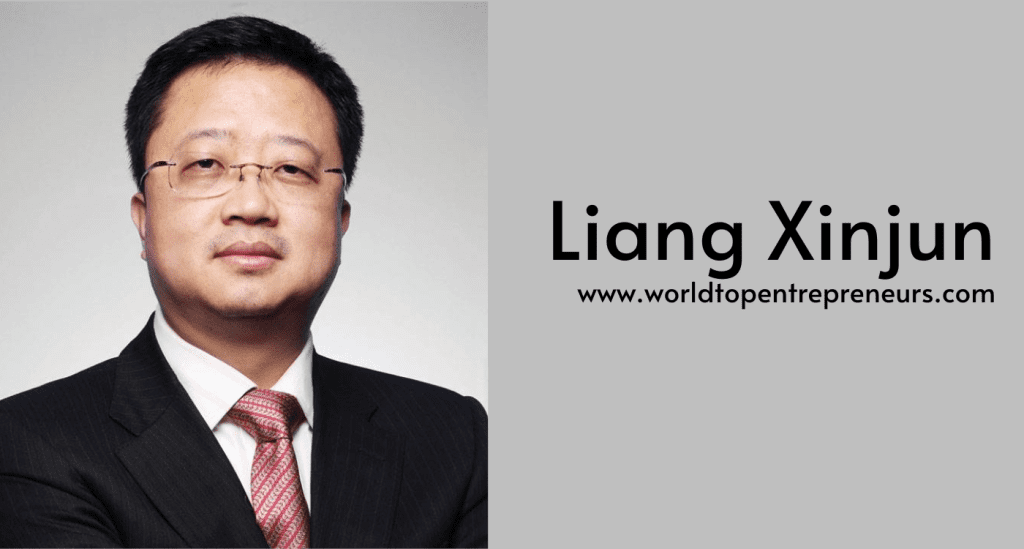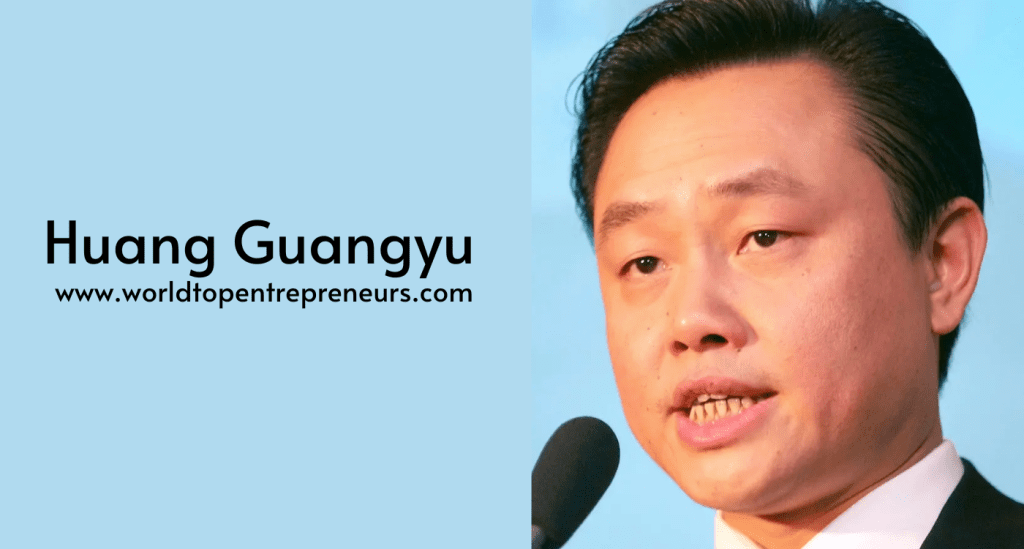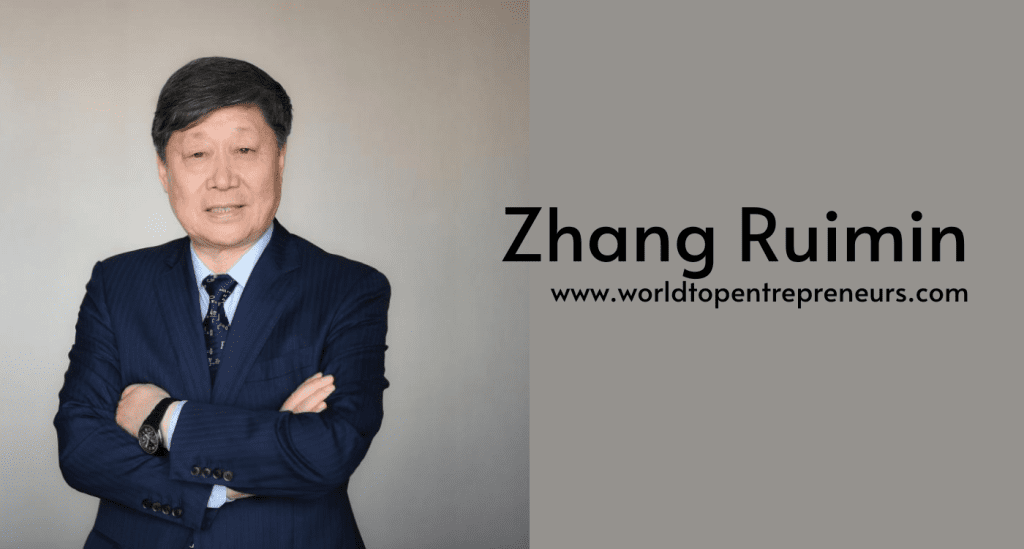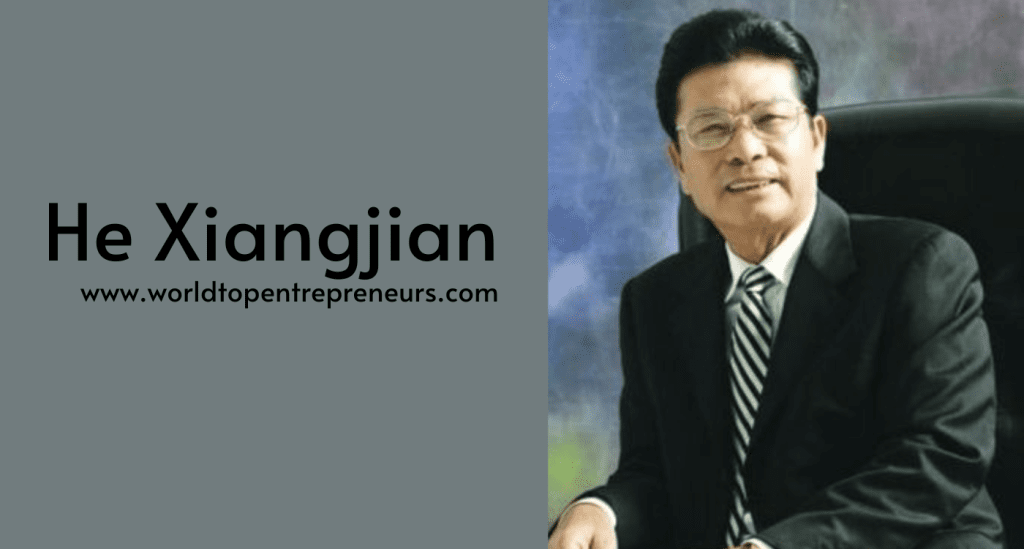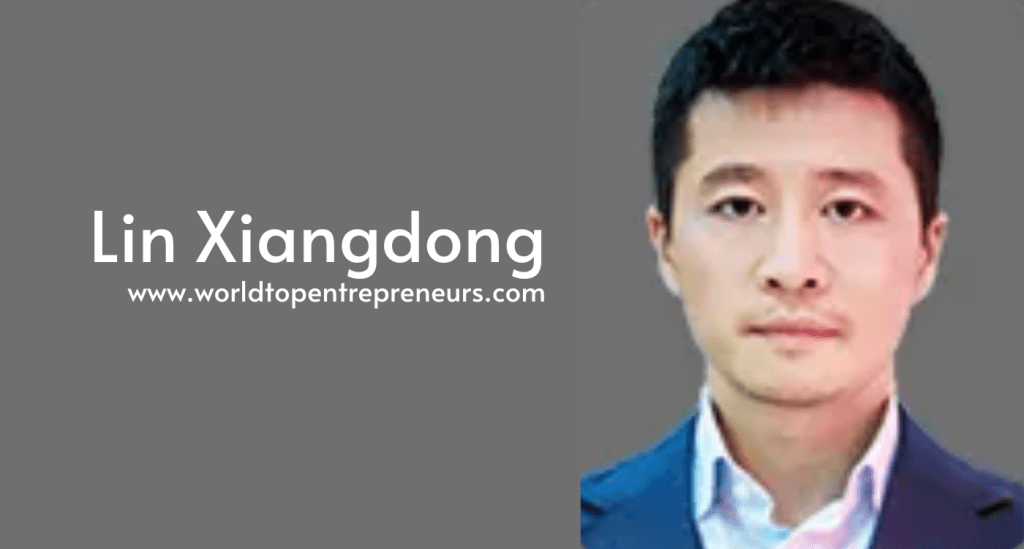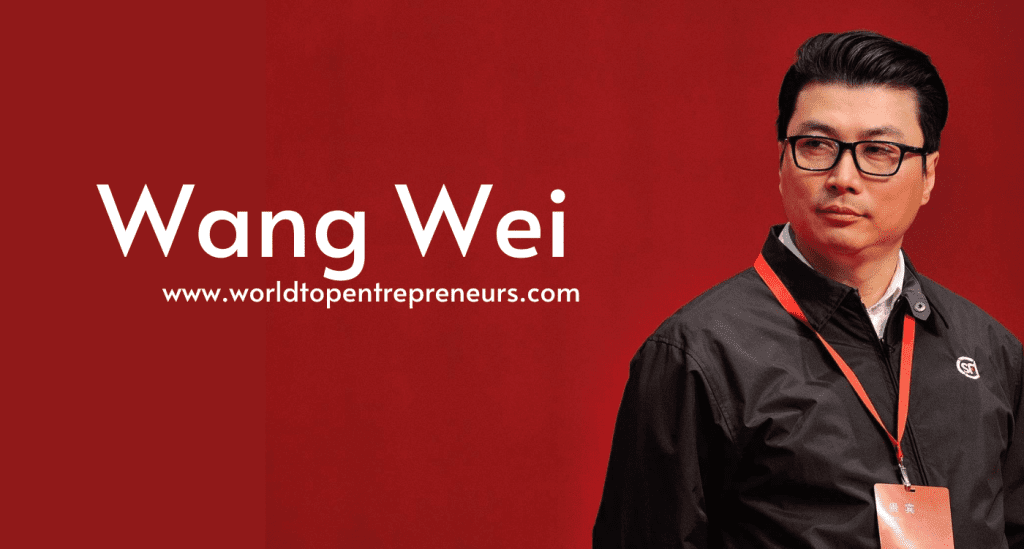The automotive industry is a complex tapestry of innovation, strategy, and leadership. Among the figures who have woven their threads into this intricate fabric is Toshihiro Suzuki, the driving force behind Suzuki Motor Corporation’s remarkable global ascent. Although Suzuki Motor Corporation was originally founded by Michio Suzuki in 1909, it was under Toshihiro Suzuki’s leadership that the company expanded its reach and solidified its position as a prominent player on the world stage. This article delves into the life, contributions, and legacy of Toshihiro Suzuki, exploring how his vision and leadership transformed Suzuki into a global automotive powerhouse.
Early Life and Education
Toshihiro Suzuki was born on November 28, 1947, in Hamamatsu, Japan. His early years were marked by Japan’s post-war economic recovery and the rapid growth of its industrial sector. The grandson of Michio Suzuki, the founder of Suzuki Loom Works, Toshihiro was immersed in the family business from an early age. Suzuki Loom Works, initially focused on weaving looms, had begun diversifying into the automobile sector in the 1950s, setting the stage for a new era of innovation.
Toshihiro’s academic journey began at Shizuoka University, where he pursued a degree in mechanical engineering. His education was pivotal in shaping his approach to the automotive industry. With a strong foundation in engineering principles, Toshihiro was well-prepared to tackle the technical and strategic challenges of the automobile market. After graduating, he joined Suzuki Motor Corporation, marking the beginning of his influential career.
Joining Suzuki Motor Corporation
Upon joining Suzuki Motor Corporation in 1969, Toshihiro Suzuki entered a company that was in the midst of significant transformation. The company, originally established as a loom manufacturer, had diversified into automobiles, motorcycles, and various other products. Toshihiro’s role within the company evolved over the years, reflecting his growing influence and leadership.
- Early Career and Contributions
In his early years at Suzuki, Toshihiro Suzuki worked in various engineering and managerial capacities. His initial focus was on improving product design and manufacturing processes. During this period, Suzuki was working on expanding its automobile lineup and enhancing its production capabilities. Toshihiro’s technical expertise and problem-solving skills were instrumental in refining Suzuki’s vehicle designs and improving overall quality.
One of the early milestones in his career was the development of the Suzuki Alto, a compact car introduced in 1979. The Alto was designed to be affordable and fuel-efficient, catering to the needs of a growing consumer base in Japan. Toshihiro’s contributions to the Alto’s design and production exemplified his commitment to delivering high-quality, innovative products.
- Navigating Challenges
The automotive industry is known for its competitive nature and constant evolution. During Toshihiro Suzuki’s early years, Suzuki Motor Corporation faced numerous challenges, including economic fluctuations, intense competition, and shifting consumer preferences. Toshihiro’s leadership was marked by a proactive approach to addressing these challenges.
Economic downturns, such as the oil crises of the 1970s, posed significant challenges for the automotive industry. Toshihiro Suzuki’s ability to navigate these economic fluctuations involved strategic adjustments to production and cost management. His focus on efficiency and innovation allowed Suzuki to weather these economic storms and maintain its competitive edge.
Expanding Suzuki’s Reach
Under Toshihiro Suzuki’s leadership, Suzuki Motor Corporation embarked on a journey of expansion and diversification that transformed the company into a global automotive force. His strategic vision and leadership were instrumental in driving Suzuki’s growth and success on the international stage.
- Diversification and Product Innovation
One of Toshihiro Suzuki’s key achievements was the expansion of Suzuki’s product lineup. Recognizing the need for diversification, he oversaw the development of a wide range of vehicles, including compact cars, SUVs, and motorcycles. This diversification allowed Suzuki to cater to various market segments and meet the evolving needs of consumers.
Suzuki’s introduction of the Vitara in the 1980s was a significant milestone. The Vitara was a compact SUV that combined off-road capability with urban practicality. Its success reflected Toshihiro Suzuki’s focus on delivering innovative and versatile products. The Vitara’s popularity not only strengthened Suzuki’s position in the market but also showcased the company’s ability to adapt to changing consumer preferences.
- Global Expansion Strategy
Toshihiro Suzuki’s vision extended beyond Japan’s borders. He recognized the potential for Suzuki Motor Corporation to become a global player in the automotive industry. During the 1980s and 1990s, Suzuki embarked on an ambitious international expansion strategy that included establishing manufacturing facilities and partnerships in key markets around the world.
Suzuki’s entry into the North American market in 1985 marked a significant milestone in the company’s global expansion. The introduction of models like the Suzuki Samurai helped establish the brand in the United States, attracting a diverse customer base. Toshihiro Suzuki’s emphasis on understanding and adapting to local market conditions was crucial in the success of Suzuki’s international ventures.
In addition to North America, Suzuki expanded its presence in Europe, Asia, and other regions. The company’s global footprint grew as it built strong partnerships and established manufacturing facilities in key markets. Toshihiro Suzuki’s strategic approach to international expansion allowed Suzuki to meet local demand more effectively and strengthen its global brand presence.
- Embracing Technological Advancements
Innovation and technological advancement were central to Toshihiro Suzuki’s leadership. He understood the importance of staying ahead of industry trends and meeting evolving consumer demands. Suzuki Motor Corporation invested heavily in research and development (R&D) to drive technological advancements and improve product offerings.
Under Toshihiro’s leadership, Suzuki pioneered several innovations in automotive technology. The development of the 4WD system, advancements in engine design, and improvements in fuel efficiency were some of the key technological contributions during this period. Toshihiro’s focus on R&D ensured that Suzuki remained competitive and continued to deliver cutting-edge products.
Overcoming Challenges and Maintaining Resilience
Toshihiro Suzuki’s leadership was marked by resilience and strategic thinking as he navigated various challenges throughout his tenure. The automotive industry’s dynamic nature required a proactive approach to address economic fluctuations, competitive pressures, and shifting consumer preferences.
- Economic and Market Fluctuations
Economic downturns and market fluctuations are inherent challenges in the automotive industry. Suzuki Motor Corporation faced several economic crises, including the global financial crisis of 2008. Toshihiro Suzuki’s ability to steer the company through these turbulent times involved strategic adjustments and cost management.
Suzuki implemented measures to streamline operations, reduce costs, and enhance efficiency. These strategies helped the company navigate economic uncertainties and maintain profitability. Toshihiro’s leadership during these challenging periods demonstrated his ability to make informed decisions and ensure Suzuki’s continued success.
- Competitive Pressures
The automotive market is highly competitive, with numerous players vying for market share. Suzuki faced stiff competition from both domestic and international automakers. Toshihiro Suzuki’s approach to competition involved a focus on differentiation through innovation, quality, and affordability.
Suzuki’s emphasis on producing small, efficient vehicles allowed the company
to stand out in a crowded market. By offering products that delivered exceptional value for money and met diverse consumer needs, Suzuki maintained its competitive edge. Toshihiro Suzuki’s strategic focus on these key areas was pivotal in sustaining the company’s growth and market presence.
- Adapting to Evolving Consumer Preferences
Consumer preferences in the automotive industry are constantly evolving. The shift towards environmentally friendly vehicles, technological advancements, and changing lifestyles influenced consumer choices. Toshihiro Suzuki’s ability to anticipate and respond to these changes was crucial for Suzuki’s continued relevance in the market.
Suzuki’s investments in hybrid and electric vehicle technology were a testament to Toshihiro’s forward-thinking approach. The introduction of models such as the Suzuki Alto Hybrid demonstrated Suzuki’s commitment to sustainability and innovation. Toshihiro’s emphasis on adapting to evolving consumer preferences ensured that Suzuki remained a key player in a rapidly changing industry.
Legacy and Impact
Toshihiro Suzuki’s legacy is deeply intertwined with the success and global influence of Suzuki Motor Corporation. His contributions have left an indelible mark on the automotive industry, shaping the company’s trajectory and impacting the broader market.
- Establishing Industry Leadership
Toshihiro Suzuki’s leadership was instrumental in establishing Suzuki Motor Corporation as a prominent global player in the automotive industry. His focus on innovation, quality, and strategic expansion helped the company build a strong reputation and achieve significant market presence. Suzuki’s success in both the automobile and motorcycle markets reflects the principles and practices instilled by Toshihiro Suzuki.
Suzuki’s commitment to producing high-quality, affordable vehicles and its ability to adapt to market changes exemplify Toshihiro’s leadership. The company’s reputation for reliability and value continues to resonate with consumers worldwide, highlighting the enduring impact of Toshihiro Suzuki’s vision.
- Contributions to Automotive Technology
Suzuki’s contributions to automotive technology are a significant part of Toshihiro Suzuki’s legacy. The company’s advancements in engine technology, fuel efficiency, and safety features have had a lasting impact on the industry. Toshihiro’s commitment to research and development drove technological progress and positioned Suzuki as an innovative force in the automotive sector.
The development of Suzuki’s 4WD system and improvements in vehicle performance are examples of the technological innovations introduced during Toshihiro’s tenure. These contributions continue to influence automotive design and engineering, underscoring the impact of Toshihiro Suzuki’s leadership.
- Inspiring Future Leaders
Toshihiro Suzuki’s legacy extends beyond his contributions to Suzuki Motor Corporation. His leadership and approach to business serve as an inspiration for future leaders in the automotive industry and beyond. His ability to navigate challenges, drive innovation, and achieve global success provides valuable lessons for aspiring entrepreneurs and executives.
Toshihiro’s emphasis on resilience, strategic thinking, and commitment to excellence continues to inspire and guide leaders in the automotive sector. His achievements demonstrate the power of visionary leadership and the impact it can have on shaping industries and driving progress.
Personal Reflections and Vision
Toshihiro Suzuki’s reflections on his career are likely to be filled with a sense of accomplishment and pride. His journey from an aspiring engineer to the leader of a global automotive powerhouse is a story of vision, perseverance, and impact. His career reflects a deep commitment to excellence and a relentless drive to achieve success.
- Visionary Leadership
Toshihiro Suzuki’s visionary leadership was characterized by a forward-thinking approach and a focus on long-term goals. His ability to anticipate industry trends, drive innovation, and navigate challenges played a crucial role in Suzuki’s success. Toshihiro’s leadership style continues to serve as a model for future leaders, emphasizing the importance of strategic vision and adaptability.
- Commitment to Excellence
Suzuki’s commitment to quality and craftsmanship was a defining feature of Toshihiro Suzuki’s leadership. His focus on maintaining high standards and driving continuous improvement contributed to Suzuki’s reputation for excellence. Toshihiro’s dedication to delivering exceptional products and services remains a cornerstone of Suzuki’s success.
- Legacy of Innovation
Toshihiro Suzuki’s legacy is marked by a commitment to innovation and growth. His contributions to automotive technology, global expansion, and product development have left a lasting impact on the industry. Toshihiro’s vision for Suzuki Motor Corporation continues to shape the company’s future and influence the broader automotive sector.
Looking Ahead: The Future of Suzuki Motor Corporation
As Suzuki Motor Corporation continues to evolve and adapt to changing market conditions, the principles and values established by Toshihiro Suzuki remain relevant. The company’s focus on innovation, quality, and global expansion reflects the legacy of its visionary leader.
- Embracing New Technologies
The automotive industry is undergoing a transformation with the rise of electric vehicles, autonomous driving, and connectivity. Suzuki Motor Corporation is well-positioned to embrace these new technologies and continue its tradition of innovation. Toshihiro Suzuki’s emphasis on research and development provides a strong foundation for Suzuki’s future endeavors.
Suzuki’s investment in electric and hybrid vehicles aligns with global efforts to reduce environmental impact and address climate change. The company’s commitment to sustainability and technological advancement reflects Toshihiro’s forward-thinking approach and ensures that Suzuki remains at the forefront of the industry.
- Expanding Global Presence
Suzuki’s global expansion strategy remains a key aspect of its business model. The company’s ability to adapt to local markets and build strong partnerships will continue to drive its success in international markets. Toshihiro Suzuki’s legacy of global vision and strategic thinking will guide Suzuki’s future growth and international ventures.
- Commitment to Sustainability
Sustainability is becoming increasingly important in the automotive industry. Suzuki Motor Corporation’s investments in hybrid and electric vehicles reflect the company’s commitment to reducing its environmental footprint and contributing to a greener future. Toshihiro Suzuki’s emphasis on innovation and sustainability provides a framework for Suzuki’s ongoing efforts to address environmental challenges.
Conclusion
Toshihiro Suzuki’s journey from an aspiring engineer to the leader of Suzuki Motor Corporation is a testament to his vision, leadership, and dedication. His contributions have shaped Suzuki into a global automotive leader known for its innovation, quality, and commitment to excellence. As Suzuki Motor Corporation continues to navigate the ever-changing landscape of the automotive industry, the legacy of Toshihiro Suzuki remains a guiding force, inspiring future generations and shaping the company’s path forward. His story is one of resilience, innovation, and impact—qualities that continue to define Suzuki Motor Corporation and its place in the global automotive arena.

